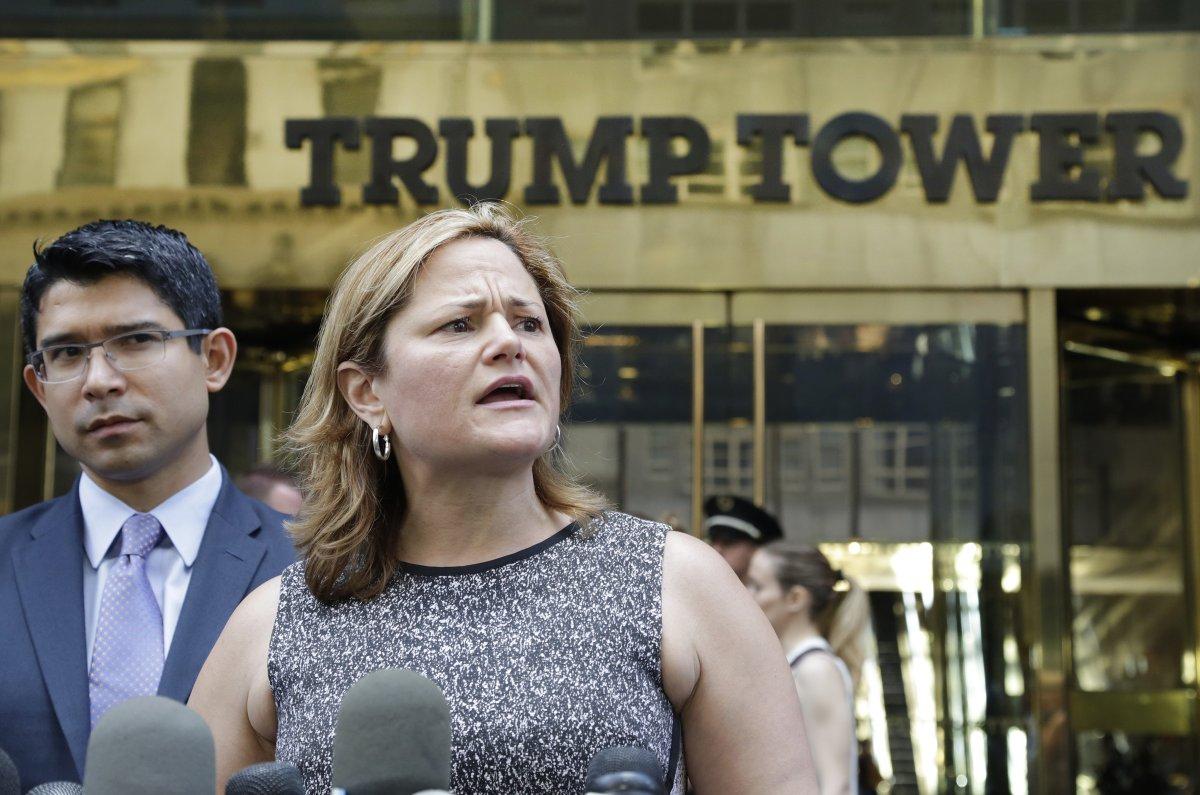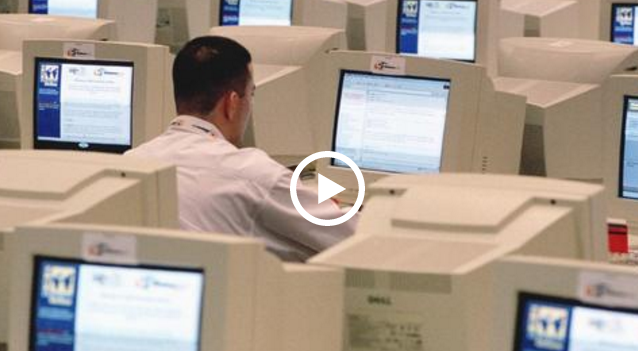The purpose and process of a law
The world of law could be intimidating without the proper reference points. The purpose of law is not following rules but to create a moral understanding between people in our society. Laws are created with the purpose of regulating our behavior, this is done through punishment for deviant activity.
Law is closely associated with mortality, where good behavior is praised by society, bad behavior is condemned and punishable by law. Although completely separate notions law and morality go hand in hand, the law serves as a means of control and enforcement of the morals held by that society. Law serves as an extension of morality with the purpose of limiting behavior society does not deem fit. Laws along with morals serve the purpose of controlling the behavior of the public by enforcing rules that benefit the whole.
Laws start with a problem and the possibility of a solution. The solution comes in the form of a bill sponsored by a representative. A bill is a proposal that hopes to fix the issue at hand and enforce a new behavior or action in the form of a rule or a law. The bill is assigned a committee and reviewed upon approval the bill goes through the House of Representatives and is seen through the senate. Once both the house and the senate review the bill and revise their differences, the bill is passed to the white house for approval from the president.
Elements of law
A law should consist of a set of rules that benefit the whole in a nation. A good law should be considered a law that has resolved a problem and improved the nation through prevention of a crime. That said the importance of writing a good law in a clear matter benefits those citizens that it hopes to protect. There is space for loopholes and error in laws written in a confusing matter. A good law should benefit that society and be clearly available to its citizens.
Effects of law
If a law is poorly written and mishandled along its process it may hurt a specific group of people. Laws that are written in a confusing matter can also target the majority of the citizens that aren’t able to comprehend anything other than common English. Making it more difficult for regular people to defend themselves in court or even know they’re own rights. Take for example the Jim Crow laws enacted in the U.S. after the Reconstruction area. Jim crow laws were state and local laws that sought to segregate public facilities, prolong voting procedures for uneducated African Americans, and enforce polling tax to make it more difficult for blacks to vote in America. These laws made to specifically target uneducated blacks stripped them of their civil rights.
Laws made with a malicious purpose in mind can result in damages to society and distrust from the people it seeks to govern. This corruption eventually leads to a loss of influence or possibly outright war between an alienated culture and the government. If a certain law protects the rights of a select few that group may have the upper hand against other parties involved. For example, take Plessy Vs. Ferguson which dictated that blacks are “separate but equal”. Consider The Louisiana Separate Car Act, that dictated that blacks and white should be separated on public transpiration. Homer Ferguson fought to overturn this law and lost due to the supreme court dictating that despite being discriminated it was constitutionally correct to segregate railroad trains. Even with a firm argument Homer Ferguson lost his not because it was unconstitutional but because he was black. In democracy majority always rules, but if the majority is wrong the collective will suffer. Consider this next time you vote.










































